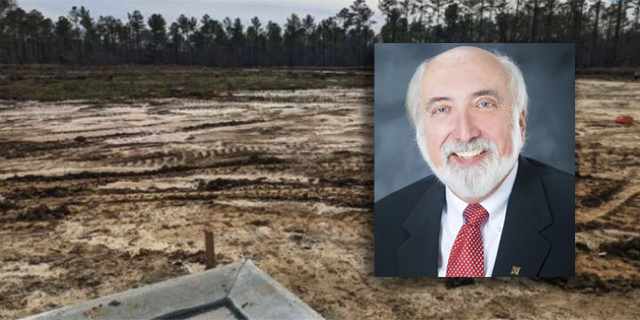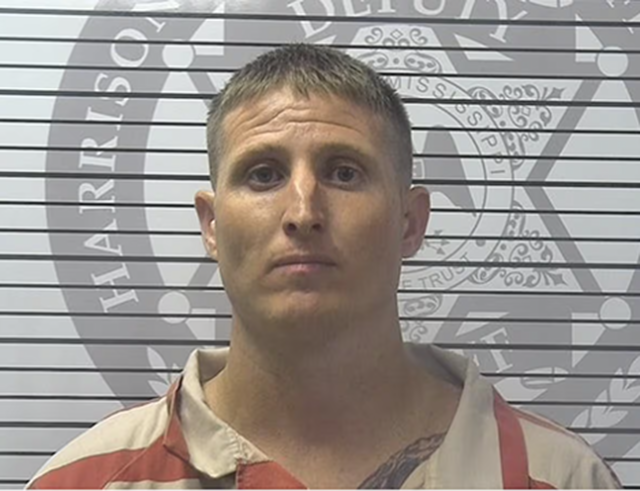Engineer: Mississippi oil field waste landfill proposal lacks detail, could be hazardous and harmful to residents
Published 1:39 pm Wednesday, July 17, 2024
An environmental engineer and water resources expert said there is reason to fear that a proposed Mississippi oil field waste landfill could be hazardous to the surrounding region and harmful to nearby residents.
Adams County resident Millicent Graning, who has been outspoken about the proposed landfill at 19 Shieldsboro Lane in South Adams County, sought an expert’s opinion as to whether her fears are valid. She read his opinion out loud during Monday’s meeting of the Adams County Board of Supervisors and provided a copy to include with the minutes of the meeting.
Graning said she contacted Mississippi State University and was given the name of Dr. Dennis Truax, “a licensed professional engineer who is board certified nationally as an environmental engineer and water resources engineer. He has worked on projects throughout the world, including the designs of water and wastewater treatment systems and hazardous and solid waste facilities,” Graning said.
Trending
Truax’s academic career spans 41 years as school director, Department Head Research Center Director and Professor in Civil and Environmental Engineering at Mississippi State University, she said. He also recently completed a term as president of the American Society of Civil Engineers.
After reading documents that Graning supplied to Truax, he wrote: ““I would hate to see the county end up with a liability. … The lack of details make it suspect as to what level this facility is designed. The issues of solidification, leche management, stormwater management, monitoring well systems and much more. Providing this level of detail would help assure the citizens of Adams County that this facility will be something they can support rather than fear.”
Adams County Board of Supervisors President Kevin Wilson, who represents District 1, owns about 400 acres of land on which the proposed landfill would be built if approved. He also is an owner of the company proposing to build and operate the landfill and has recused himself from all discussions of it at county meetings.
In his letter, Truax observed that the documentation submitted to the county during the permitting process was prepared by a real estate agent and not a qualified professional, or at least the name of such professional that supplied the information was never given. Furthermore, Truax noted that the information in them was “incomplete at best and grossly misleading at worst.”
He also wrote, “There is little if any need for this facility in Adams County now or in the foreseeable future.”
The Waste Management landfill located near to the proposed facility is already permitted and has a proven track record of waste disposal and a capacity of approximately 50 years, he wrote.
Trending
“The primary advantage of having a second commercial landfill in the county and in geographically separate locations is lost. If in a different location, the county could benefit from improved vehicle safety, reduce waste on roads, lower waste hauling costs, etc.”
Truax further stated that siting another landfill in the area would only increase truck traffic on U.S. 61 and would fail to minimize other disposal locations as it claims.
“I fail to see how duplicating an existing permitted, proven landfill operation minimizes anything,” he wrote.
He further expressed concern at the lack of details such as citing specifications; how large of a facility buffer will be used; how will stormwater, leche and process wastewater be managed; soil testing and depth of groundwater.
“It indicates that a 20-acre landfill is to be permitted producing 1.5 million cubic yards of design capacity,” but would have to have a depth of 85 feet to meet that capacity, increasing the risk of releasing contaminants and “posing a risk to the adjacent landowners and the public,” he wrote.
Truax goes on to say that the landfill is possible with proper transportation and management plan in place, but that the information provided is incomplete.
“I suspect a basic site evaluation and preliminary design by a qualified professional would help address some or all of these issues. But at this point, it appears that — as my granddad always said in cases like this — you were being asked to buy a pig in the Poke.”
None of the supervisors offered any remarks in regard to the letter but Supervisor Ricky Gray asked that a complete copy be included in the minutes of the meeting.






